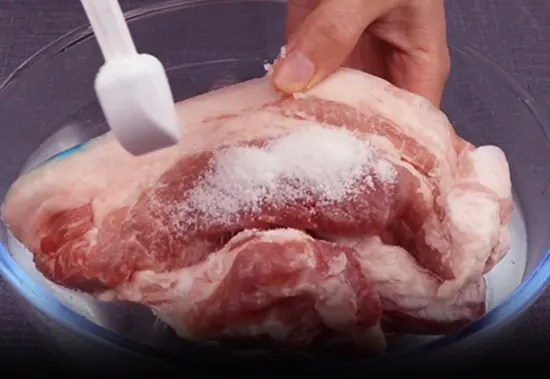
How to defrost meat quickly
Freezing meat is a convenient way to preserve it for future meals, saving time and reducing grocery trips.
"Do not immerse fish directly in water" is advice often given in the context of storing, thawing, or preparing fish. Here are some common reasons and best practices: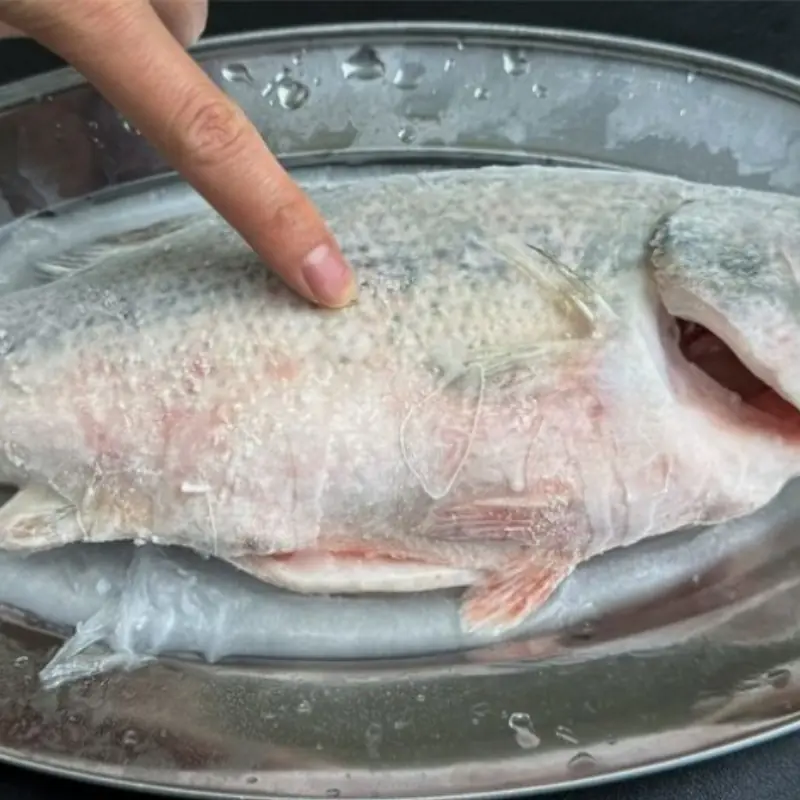
1. Maintaining Texture and Flavor
Leaching of Flavor: Prolonged contact with plain water can cause the fish’s natural flavors and some of its nutrients to leach out.
Mushy Texture: Fish flesh is delicate; exposing it to water for too long can make it absorb excess moisture, leading to a soft or waterlogged texture when cooked.
Best Practice
Sealed Packaging: If you must thaw fish in water, place it in a leak-proof plastic bag first. This keeps water out while still allowing the fish to thaw.
2. Food Safety Considerations
Bacterial Growth: Leaving fish uncovered in water at room temperature can accelerate bacterial growth, which can lead to foodborne illness.
Cross-Contamination: If fish comes into direct contact with water in a sink or container used for other foods, you risk contamination—especially if you’re reusing that container without thorough cleaning.
Best Practice
Cold Water Thawing Method: Submerge the sealed fish in cold water. Change the water every 20–30 minutes to keep it sufficiently cold and safe from bacterial growth.
Refrigerator Thawing: Whenever possible, thaw fish overnight in the refrigerator in a sealed container to keep it at a safe temperature.
3. Proper Cleaning vs. Soaking
Rinsing vs. Soaking: Rinsing fresh fish under cold running water to remove surface contaminants is typically fine (and sometimes recommended), but soaking or immersing it for extended periods in water can degrade quality.
Drying: After a quick rinse, pat the fish dry with clean paper towels. This helps achieve better browning or searing when cooking and preserves texture.
4. Storing Fresh Fish on Ice
Ice Layer Separation: Some fish markets and home cooks store fresh fish on a bed of ice without immersing it. This method keeps the fish cold without drenching it.
Drainage: If you’re using ice at home, keep the fish above any melting water. For instance, place a colander or perforated tray over a bowl or tray lined with ice so the fish stays chilled but doesn’t sit in water.
5. Additional Tips
Freezer Storage: For long-term storage, wrap fish tightly in airtight packaging or vacuum-sealed bags to prevent freezer burn and flavor degradation.
Quick Thaw Option: If time is short, use the cold-water method (in a sealed bag) or a microwave on the defrost setting—being mindful that microwaving can start cooking the edges.
Safe Temperatures: Cook fresh fish to an internal temperature of 145°F (63°C) to ensure it’s safe to eat (or follow local guidelines for fish consumption).
Bottom Line
“Do not immerse fish directly in water” typically means: avoid soaking fish in water, especially when thawing or storing, because it can deteriorate the fish’s flavor, texture, and safety. Instead, use sealed packaging or place fish above melting ice or water to preserve its quality.

Freezing meat is a convenient way to preserve it for future meals, saving time and reducing grocery trips.
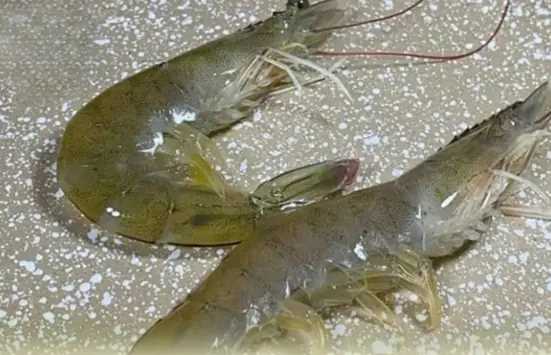
When selecting shrimp, many people are unsure whether to pick “straight shrimp” or “curved shrimp.”

How to identify venomous vs non-venomous snakes

We all know that food consumption habits vary greatly among countries.

Typically, hotel beds come with at least four pillows

Plants that should not be planted because they attract snakes into the house, including very familiar types

Your feet might not be the first place you think of when you hear “heart health”
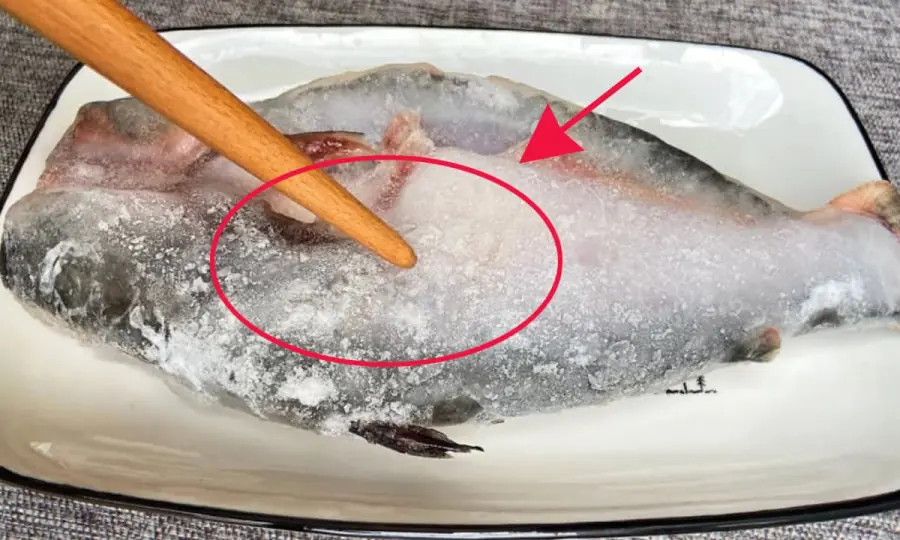
3 quick and reliable methods to safely defrost fish and get it perfectly ready for cooking
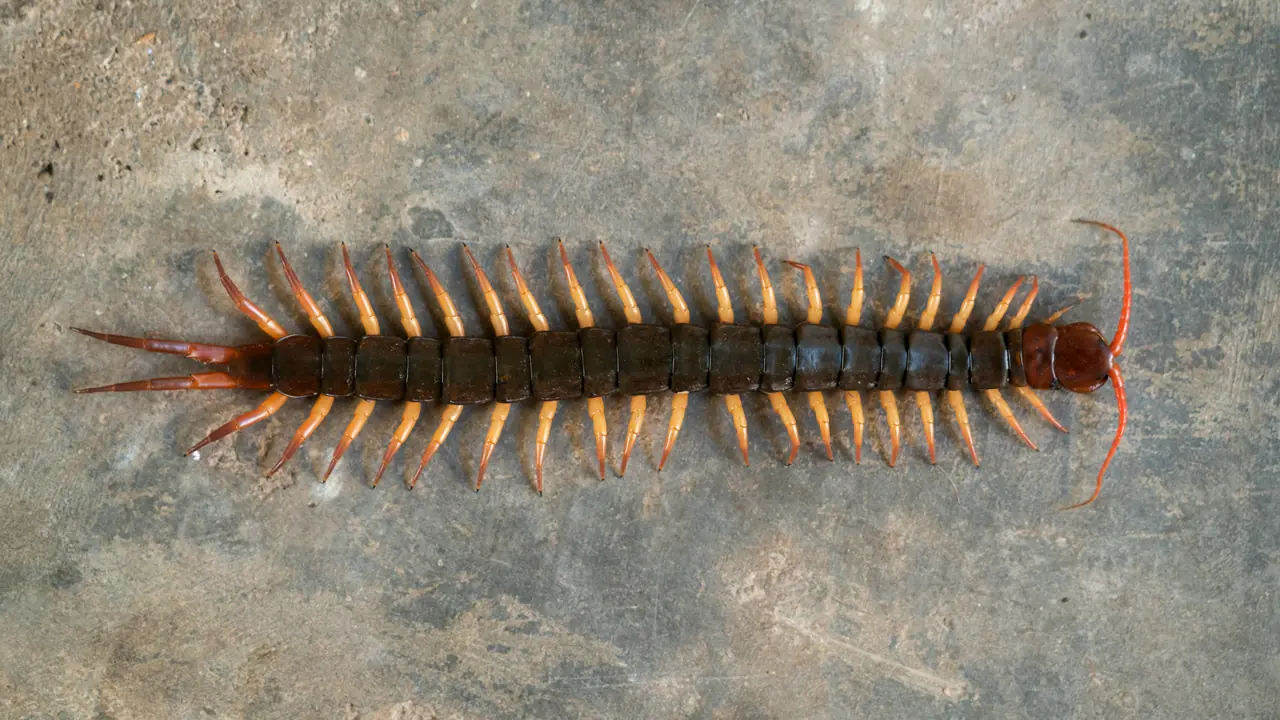
Why you shouldn’t rush to ki.ll millipedes when you find them inside your home?
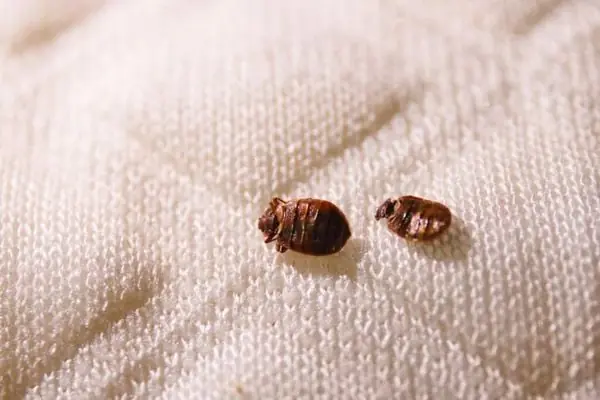
Natural ways to eliminate bed bugs: Proven home solutions

Best plants to grow for repelling mice from the house effectively

After a period of use, showerheads often get clogged due to mineral deposits sticking inside, causing uneven water flow.

Here’s a surprisingly simple household trick to sharpen your old, dull scissors without any special tools.

These 5 plants in your garden could make it more appealing to snakes
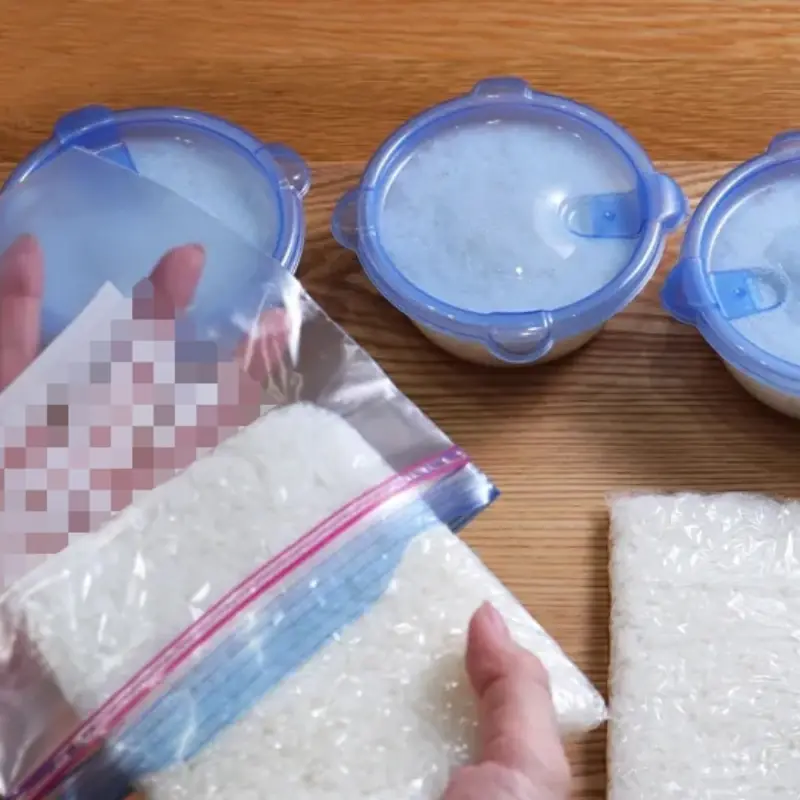
A simple Japanese food hack keeps leftover rice soft, fresh, and tasty.
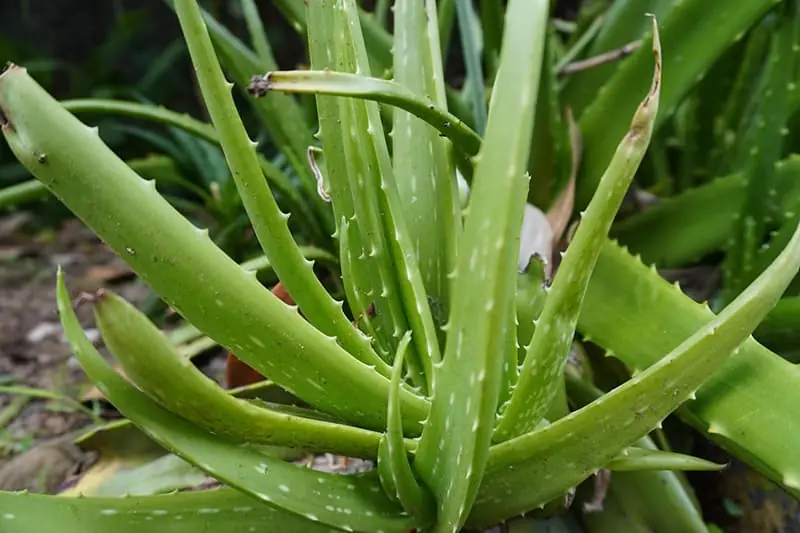
5 powerful plants that help fight formaldehyde and purify indoor air

Your phone’s volume buttons do more than you realize: 6 hidden tricks
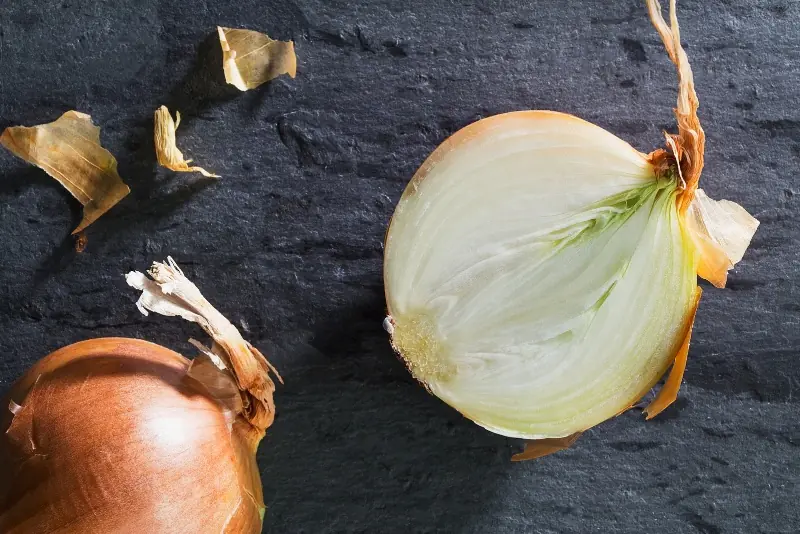
4 great reasons to place an onion in the corner of your room

7 smells snakes can’t stand that help keep them away from your home

If a Snake Bites You, These First Actions Could Save Your Life

Drinking coffee at the right time of day may significantly lower your risk of de:ath and heart disease

3 Effective Ways to Prevent Snakes From Entering Your Home

No more night cramps — here’s how to avoid them

Don’t ignore it — itching and strange bumps on your skin could be a warning sign

Persistent Pain Behind the Knee Should Not Be Ignored

9 Early Signs of Diabetes You Shouldn’t Ignore

Stroke rarely comes without warning — these 9 silent brain clot signs can appear weeks earlier

Heart Blockage Doesn’t Always Start in the Chest — These Nighttime Foot and Leg Signs Matter

Not Everyone Should Eat Onions: Here’s Who Needs to Be Careful

Woman Sudden Kidney Failure After Meal: Doctor Says “This Vegetable Is Pois.onous… You Shouldn’t Eat"

Persistent Itching in 2 Body Parts May Signal Liver Cancer, Not an Allergy

If You Notice This Change in Your Feet, Your Fat:ty Liver May Be Beyond Repair

The Most Likely Symptoms of a Gallbladder Problem (Don’t Ignore Them)....

These 5 Easy-to-Miss Symptoms Could Be Signs of Can:cer, Experts Say

Thyroid Can.cer Warning: 7 Early Body Changes — The First 3 Are Surprisingly Common

Getting involved with the wrong woman can cost a man his peace—and his future.

Eating boiled bananas at the right time may bring surprising health changes.


Doctors Say This Is What May Happen to Your Body If You Stop Eating After 7 p.m. for 30 Days

Reason people get strange white bumps on their lips or private parts